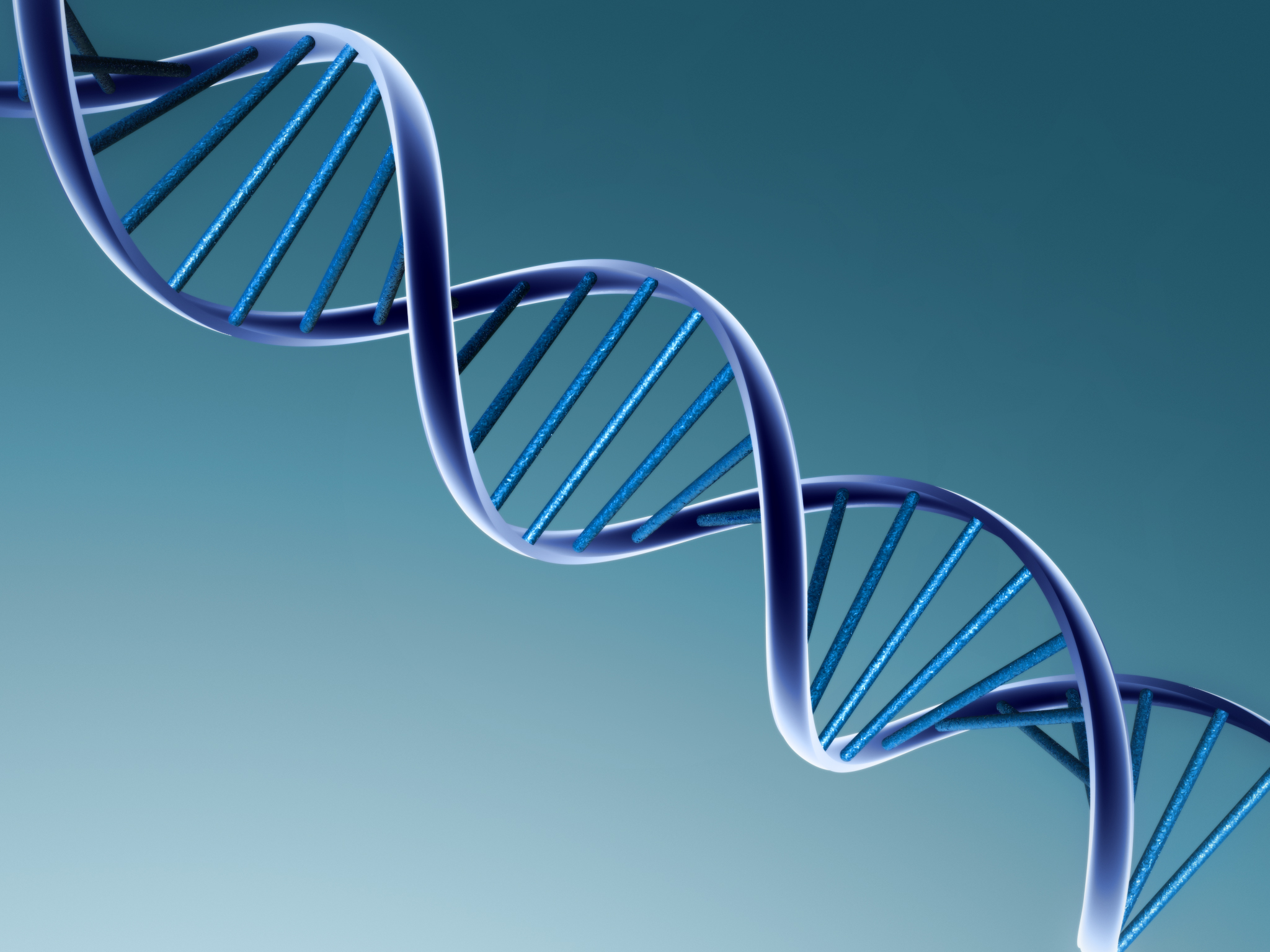Discussion on the Gene Patent Debate
When geneticists of The Human Genome Project successfully identified approximately 25,000 genes in human DNA, several organizations applied for patents of specific genes and small portions of gene sequences. The United States Patent and Trademark Office (USPTO) granted the patents, provoking a national debate on the sagacity of patenting genetic data.
When companies patent genetic material, they attain ownership of genes, gene fragments, gene tests, gene proteins, stem cells, and single nucleotide polymorphisms (SNPs). Inventors must specify the product of a gene sequence, identify new genetic sequences, specify how the gene or fragment functions naturally, and enable a skilled user to test the sequence for its prescribed purpose (Human Genome Project Information, n.d.).
Scientific breakthroughs often advance with ethical and legal questions about the effect on human lives. My own reflections on the topic led me to conduct extensive research in an effort to determine whether the science of genetic patenting warranted reason for concern.
How many genetic patents are out there?
The realization that corporations could eventually secure patents on the entire genetic code of the human body is daunting. There are already 3,000 to 5,000 patents on human genes and 47,000 patents on genetic material that encompasses approximately 20% of the human genome (The Hastings Center, n.d.).
The questions surrounding gene patenting are many and varied. Is it ethical? Is it legal? Is it wise? Who owns our genes? Will the patenting of genes result in increased medical costs and limited access to specific DNA sequences? Will it create barriers to medical testing and research? What is to be made of the argument that genes, like plant life, are products of nature and cannot be invented?
The Patent Act of 1952 defines a patent as an invention that is "useful, novel, and nonobvious," or "readily within the skills of a competent artisan at the time the invention is made" (USPTO, n.d.). Opponents of genetic patenting argue that the definition of a patent excludes biological data and provides legal cover for denial of DNA patent rights.
Opponents also question whether gene patenting may lead to inhibition of biomedical innovation, higher costs of genetic therapies and tests, and unfair monopolization of certain genes that could place limitations on medical diagnosis and research.
Soaring medical costs spark debate
The debate over gene patenting was largely academic until 2009 when the American Civil Liberties Union (ACLU) filed a court case against Myriad Genetics and the USPTO. In this landmark case, Association for Molecular Pathology, et al. v. United States Patent and Trademark Office, et al., the ACLU and six cancer patients argued that two of Myriad’s gene patents limited access to adequate medical treatment because Myriad owned sole rights to the genes (ACLU, n.d.). 
Women with family histories of ovarian and breast cancers may take a genetic test to identify cancerous mutations on certain genes. In the Myriad case, plaintiffs testified that they were unable to afford genetic assessments for cancer because the company’s testing fees were too expensive. The plaintiffs’ goal was to persuade the Court to invalidate Myriad’s ownership claims and find that genetic materials are not patentable because they are physical products of nature (ACLU, n.d.). The judge ruled for the plaintiffs, but the decision was later reversed on appeal.
Extensive research on genetic patenting has led me to a better understanding of controversies surrounding the topic. As evidenced in the Myriad case, free and open access to all genetic materials would remove financial barriers to medical testing and research. The court case detailed problematic issues in the field of genetic patenting that accentuates the need for greater access to gene sequences and DNA when lives depend on genetic testing. However, the answer is not to discontinue patenting of gene sequences, but to increase access through emphasis on affordable pricing.
Are genes medical? Or a product of nature (and therefore not patentable)?
Defenders of genetic patenting assert that when genes are isolated and characterized, they are no longer simply products of nature. Because they have been altered, human genes can be patented in the same way as plant material in creation of new pharmaceuticals.
Though opposition to genetic patenting is justified and valid, it is my belief that genetic patenting offers great promise in the field of medicine and medical research.
Genetic patenting will expand genetic research by decreasing the need for secrecy in invention efforts, allow companies to increase revenue through successful discoveries, ensure that multiple companies do not pursue similar gene sequences that result in duplication of effort, and provide security in creativity by excluding competitors from conducting research on the same DNA sequence.
Genetic patenting is still a newcomer in the medical research field and the discussions of legal, financial and ethical issues will not soon abate. With reasoned debate and continued exploration, guidelines will be implemented that allow public access to genetic materials for medical testing and diagnosis. Standards will also be created and maintained to protect genetic inventions so that new discoveries can be made.
References
American Civil Liberties Union. (2010). Association for Molecular Pathology, et al. v. United States Patent and Trademark Office, et al., Case 1:09-cv-04515-RWS. Retrieved from http://www.aclu.org/files/assets/2010-3-29-AMPvUSPTO-Opinion.pdf
The Hastings Center. (n.d.). Gene Patents. Retrieved from http://www.thehastingscenter.org/Publications/BriefingBook/Detail.aspx?id=2174
Human Genome Project Information. (n.d.). Genetics and Patenting. Retrieved from http://www.ornl.gov/sci/techresources/Human_Genome/elsi/patents.shtml
The United States Patent and Trademark Office (n.d.). Appendix L. Patent Laws. Retrieved from http://www.uspto.gov/web/offices/pac/mpep/consolidated_laws.pdf
https://www.medicaldevicepatentattorneys.com/2012/12/discussion-on-the-gene-patent-debate/trackback/
